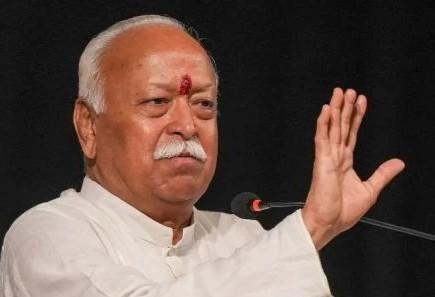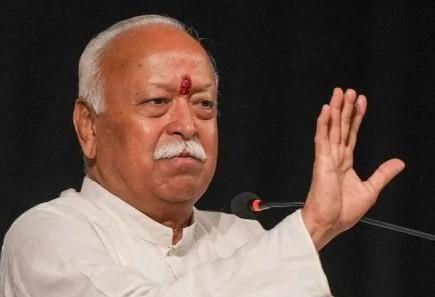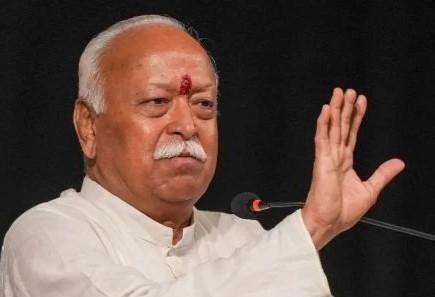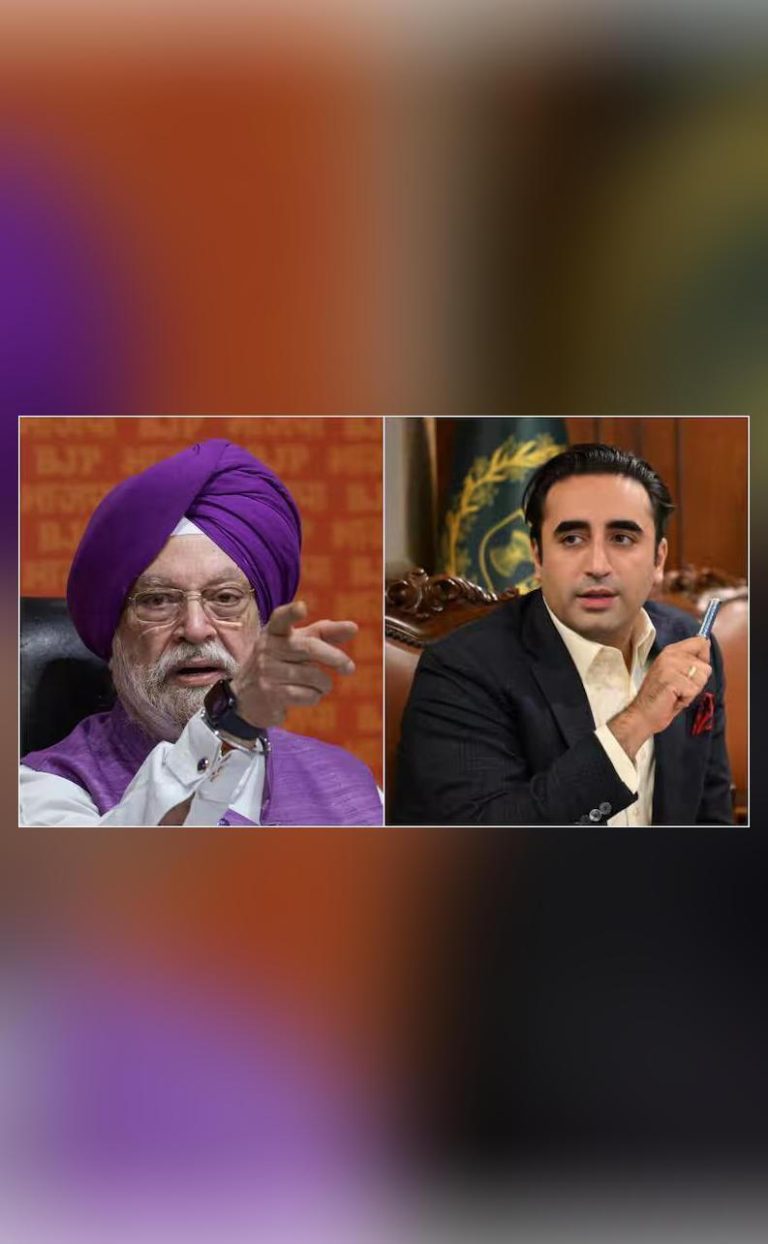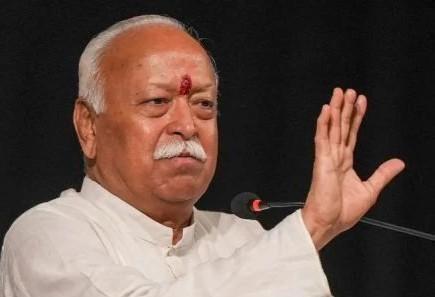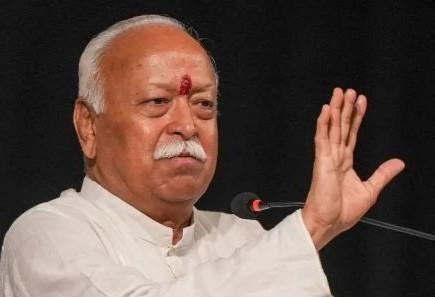
Title: If someone turns to evil then we’ll teach lesson: Bhagwat on J&K attack
In the wake of the recent terror attack in Pahalgam, Jammu and Kashmir, RSS chief Mohan Bhagwat has made a bold statement, emphasizing the importance of teaching a lesson to those who resort to violence and oppression. In an interview, Bhagwat said that non-violence is indeed India’s religion, but so is teaching a lesson to “oppressors and hooligans”.
The RSS chief’s comments come at a time when the nation is reeling from the aftermath of the terror attack, which has left several people injured and some even dead. The attack, which is being attributed to terrorist groups, has raised concerns about the safety and security of citizens in the region.
Bhagwat’s statement, while being met with criticism from some quarters, has also been praised by many for its straightforwardness and honesty. The RSS chief’s emphasis on the need to teach a lesson to those who resort to violence and oppression is seen as a clear message to terrorist groups and other anti-national elements that their actions will not be tolerated.
However, Bhagwat’s statement has also sparked off a debate about the nature of violence and the means by which it should be addressed. Some have argued that the RSS chief’s comments are too simplistic and that the issue of terrorism is far more complex and nuanced. Others have criticized Bhagwat for his apparent endorsement of violence and aggression.
In his interview, Bhagwat was quick to clarify that his comments were not a call to arms or an endorsement of violence. Instead, he emphasized the importance of the king’s duty to protect his people, and the need for the state to take a firm stance against terrorism.
“We never harm or disrespect our neighbours, but if someone is bent on being evil, what is the cure?” Bhagwat asked. “The king’s duty is to protect the people, and he will do his duty.”
Bhagwat’s statement is significant not just because of the controversy it has sparked, but also because of the broader context in which it was made. The RSS chief’s comments come at a time when the nation is grappling with a number of complex issues, including terrorism, religious extremism, and communal violence.
The RSS, which has long been seen as a influential and powerful organization in Indian society, has a complex history and a nuanced relationship with the Indian state. While the RSS has been accused of promoting Hindu nationalism and has been involved in various controversies over the years, it has also been praised for its role in promoting social and cultural values.
In the wake of Bhagwat’s statement, many have been left wondering what the RSS chief meant by his comments. Did he mean that the state should take a tough stance against terrorists and anti-national elements, or did he mean something else entirely?
It is also worth noting that Bhagwat’s statement has sparked off a debate about the role of the RSS in Indian society. While some have accused the RSS of promoting a narrow and exclusionary form of nationalism, others have praised the organization for its role in promoting social and cultural values.
In conclusion, Bhagwat’s statement is a significant development in the ongoing debate about the nature of violence and the means by which it should be addressed. While his comments have sparked off a controversy, they also reflect a deeper truth about the need for the state to take a firm stance against terrorism and other forms of violence.
As the nation continues to grapple with the complex issues of terrorism, religious extremism, and communal violence, Bhagwat’s statement serves as a reminder of the importance of teaching a lesson to those who resort to violence and oppression. Whether or not one agrees with Bhagwat’s views, his statement is a timely reminder of the need for the state to take a firm stance against terrorism and other forms of violence.
Source: https://youtu.be/SpAKVWl5wII
